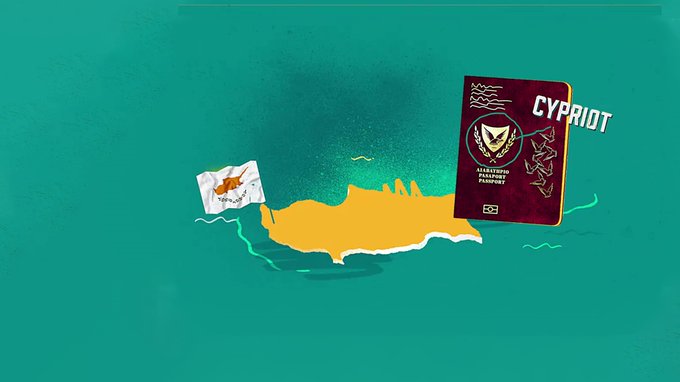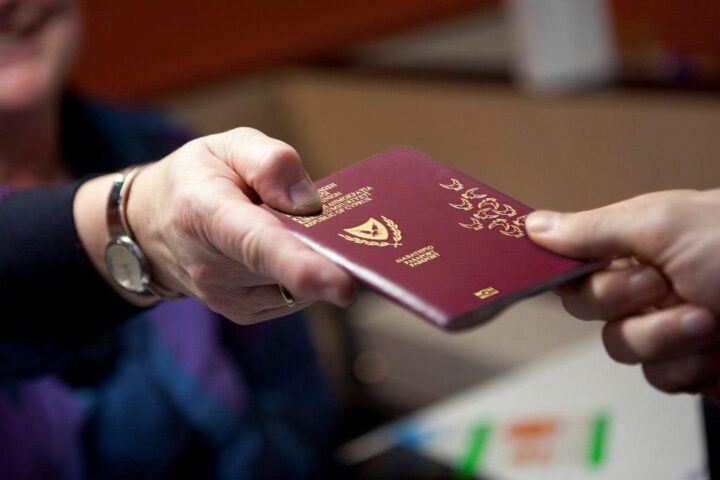Cyprus on Friday filed its first criminal prosecution in its controversial passport-for-investment scheme abolished last year over corruption allegations, the state legal service said.
“The first criminal case concerning the naturalisation of foreign investors and business people was registered at Larnaca District Court,” said a statement from the state prosecution service.
It said the legal action against five individuals and four legal entities, facing a total of 37 charges, was taken based on the findings of an ad hoc committee.
“With instructions from the Attorney General, the police are examining other cases…some of which are at an advanced stage and are expected to be referred to the Legal Service for study and instructions,” the statement added.
It said, “sensitive details” would not be disclosed due to the “seriousness” of the investigation and to “safeguard” the probe into how passports were acquired through a cash investment.
Last November, the government dropped the “golden passport” scheme after Al Jazeera aired a documentary showing reporters posing as fixers for a Chinese businessman seeking a Cypriot passport despite having a criminal record.
Parliament speaker Demetris Syllouris and an opposition MP were secretly filmed allegedly trying to facilitate a passport for the fugitive investor.
They later resigned, although both insisted they were innocent of any wrongdoing.
Al Jazeera reported that dozens of those who applied were under criminal investigation, international sanctions or even serving prison sentences.
Nicosia had long faced pressure from Brussels to reform the scheme over concerns it may have helped organised crime gangs infiltrate the European Union.
Cyprus had argued it had attracted valuable investment following the island’s 2013 economic crisis.
Nicosia issued thousands of passports under the scheme, allowing investors to acquire one in exchange for an investment of €2.5 mln, netting over seven billion euros for Nicosia’s coffers over the years.
Money laundering allegations also dogged the programme.
Cyprus is still probing how passports were issued, to whom and under what circumstances.
Around 51 per cent of the 6,779 passports issued over 13 years from 2007-20 went to recipients who should not have qualified, the interim findings of an independent inquiry said last month.
The hefty report said authorities rubber-stamped citizenship requests without following due process or proper background checks.
It also made a recommendation that citizenship be rescinded in up to 66 cases.
The European Commission launched infringement procedures against Cyprus over the scheme last year, arguing that granting EU citizenship for pre-determined payments, without any genuine link to the state, undermined the integrity of EU citizenship.
Much to the chagrin of Brussels, the scheme attracted wealthy foreign investors because a passport from EU member Cyprus allowed free travel and residence within the 27-member bloc.










